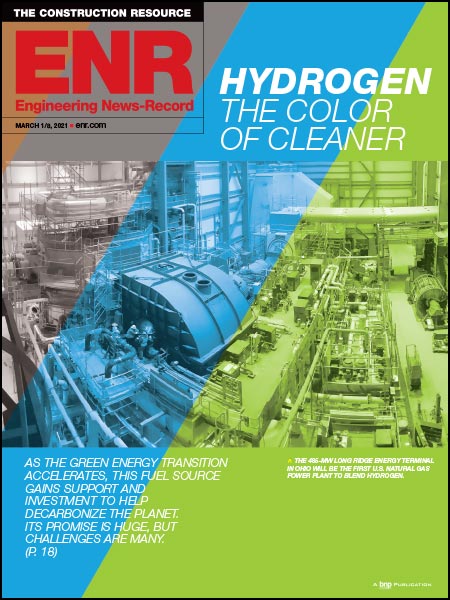A unit of Spain’s ACS conglomerate beat global competitors, including China Railways Construction Corp., to win the $500-million build-operate-maintain contract for electrification of rail infrastructure in Israel.
Sociedad Espanola de Montajes was low bidder in the tender, which also included Siemens, Elecnor and Alstom. “The Spanish bid was substantially lower than the other competitors in the final round,” said an Israel Railways official.
The contract will cover work on 420 kilometers on 13 lines—more than 60% of the company’s existing and planned network. It includes construction of 14 substations and controls systems for the 25-kV, 50-Hz power supply.
The project is part of an overall $3-billion electrification program that includes related infrastructure and new electrical locomotives designed to convert most of the state-owned company’s inter-urban network from diesel to electricity. “The electrification project will revolutionize the company and enable us to double the number of trains and passengers,” said Israel Railways CEO Boaz Tzafrir.
Under the terms of the contract, SEMI will also provide maintenance for 10 years with an option for a 15-year extension.
“We expect work will get underway in February on the new line to Jerusalem,” said an Israel Railways official. Construction of the 56-km, $2-billion high-speed line to Jerusalem is set to be completed in March; it will be the first line to operate on electricity. The line includes five tunnels—a total length of 20 km—and 20 bridges. In August, Israel Railways began laying track for the line's western section.
Train ridership has been increasing rapidly in recent years with the addition of new service and frequencies. The number of passengers was up nearly 10% in 2015 to 53 million. Last year, a new line linking the southern Israeli cities of Beersheva and Ashkelon began operation, and a new line from Haifa to Beit Shean in the Galilee is set to open later in 2016.
Reforms in the country's transport sector that took effect on Jan. 1 led to a substantial reduction in train fares that is is expected to further increase ridership.


